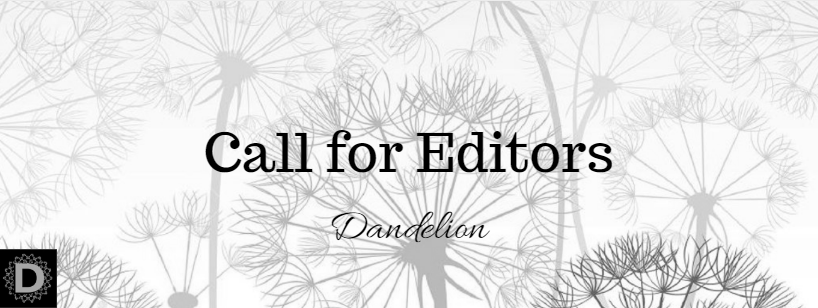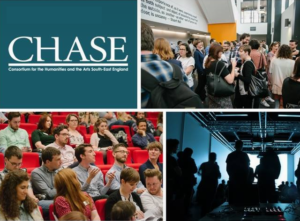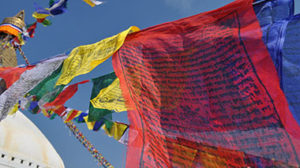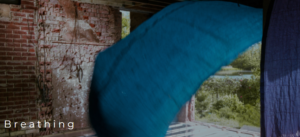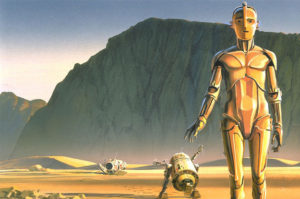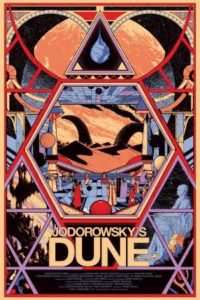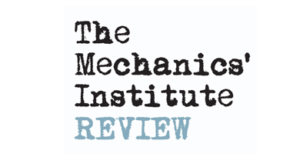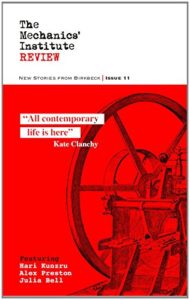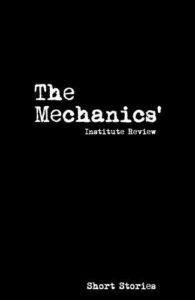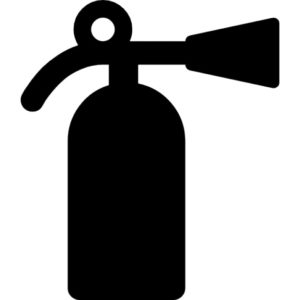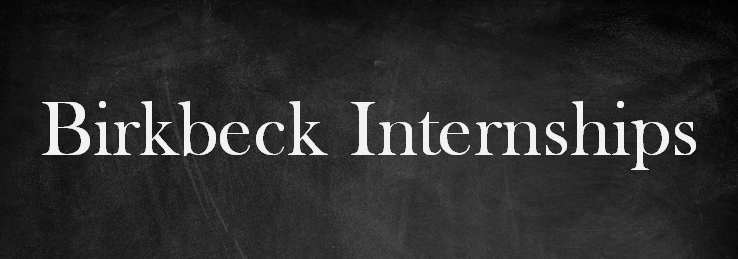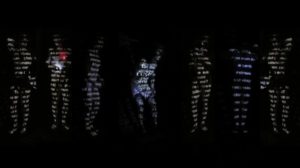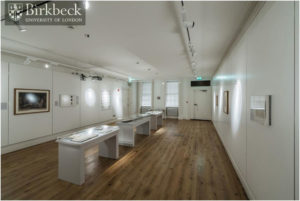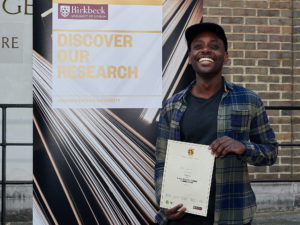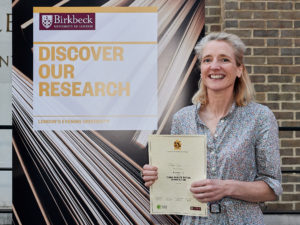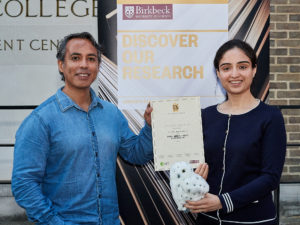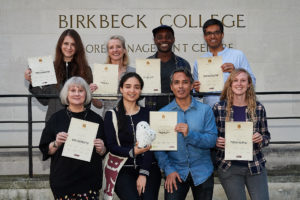Dandelion (dandelionjournal.org) is the Postgraduate Arts Journal in the School of Arts, run by research students. The Journal encourages a multi-disciplinary research approach to the Arts, and provides a supportive environment to the publishing experience, offering a space to develop and showcase thoughts and ideas whilst shaping, and writing on, your research.
Current Birkbeck School of Arts Postgraduate Students are encouraged to join the Dandelion Journal Editorial Team for the academic year 2018/19. No publishing or editorial experience is necessary: you will learn editorial skills as you go. Although, if any, these will be a valuable asset.
Your research area should lie within, or across, the fields of: History of Art, Museum Cultures, Film, Media and Cultural Studies, English and Humanities, and Cultures and Languages. You can be at any stage in your research.
We are looking for:
1. General Editors (suitable for PhD students)
2. Subject Editors (suitable for MA or PhD students)
About the roles:
1. General Editors will start the production of the new Volume in December 2018 and will be responsible for the editorial supervision of the next Dandelion volume. They will be selecting the new theme and writing the Call for Papers, setting the timetable for the issue, selecting Subject Editors, commissioning articles, and sharing production management tasks.
2. Subject Editors will be required to edit and copyedit two or three articles (between 1500 – 8000 words) – the timing of this will be confirmed by the appointed General Editors (it may range, for example, between April and August 2019). You will be asked to attend two or three editorial meetings with the rest of the team during this time. You will also be welcome to contribute to events planning, design, typesetting etc. Subject Editors are assigned to articles, and therefore advise contributors, according to their subject area expertise.
If you are interested then we would love to hear from you. Please send an email expressing your interest in either editorial role, and detailing any relevant experience you may have, by Saturday 1st December to mail@dandelionjournal.org. In your email please include details of which
research programme you are enrolled in, and the research area you are focusing on. If you have any questions then please do get in touch – we will be happy to answer them.
We look forward to hearing from you.
The editors
Donatella Valente and Jenny Turner

